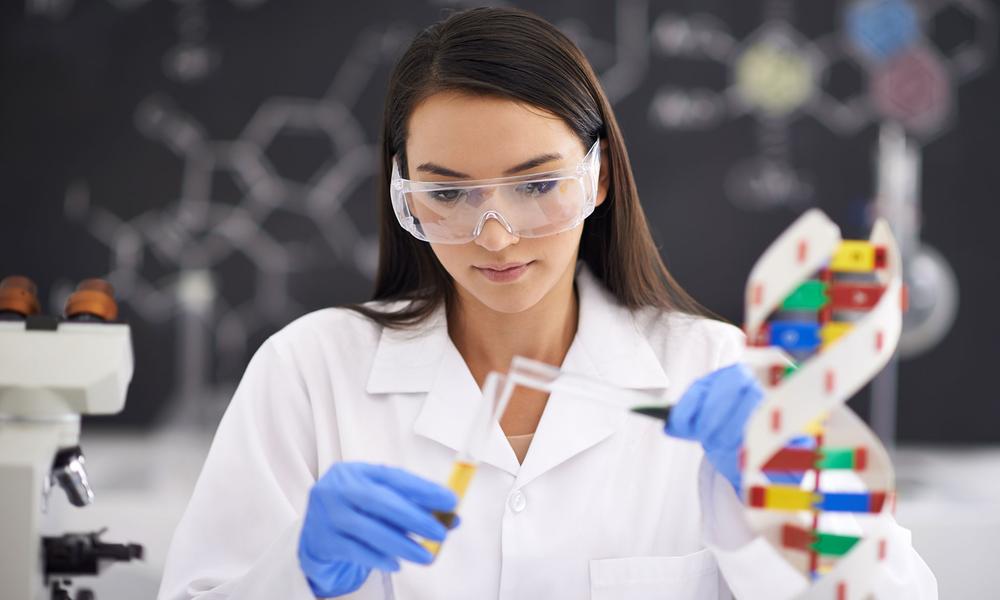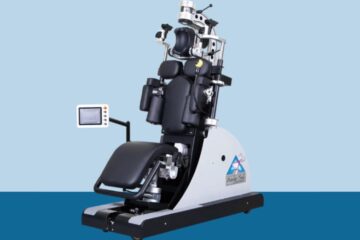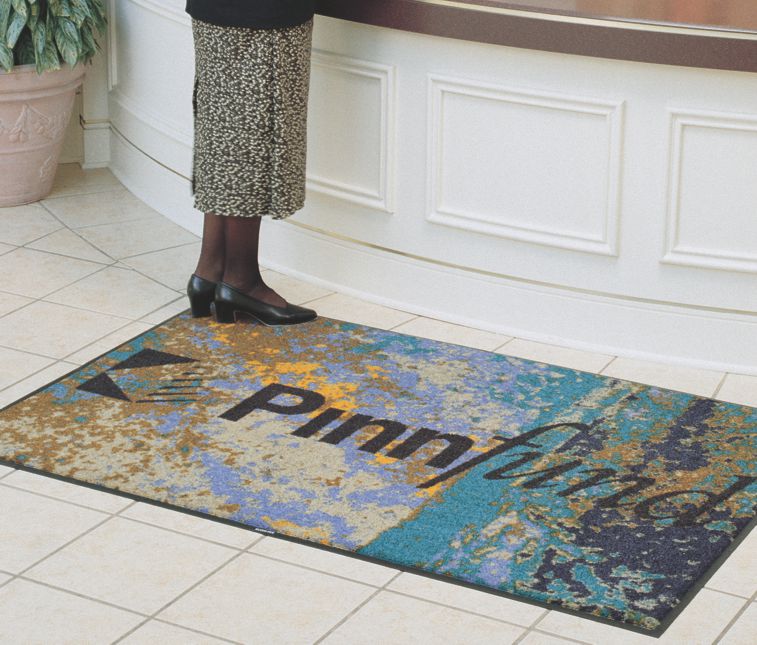Are there any eco-friendly methods for BMK Glycidate synthesis?

there is an increasing emphasis on sustainability and eco-friendliness. One compound that has garnered attention in this regard is BMK Glycidate. This article delves into the world of BMK glycidate synthesis and explores the various eco-friendly methods that have emerged in recent years.
LSD-25 synthesis is a complex and intricate process that requires a deep understanding of organic chemistry. The primary precursor used in the synthesis of LSD is ergotamine tartrate, which is derived from the ergot fungus that grows on rye. The first step in LSD synthesis involves extracting ergotamine tartrate from ergot-infected rye. This compound serves as the foundation for the creation of LSD.
BMK Glycidate
BMK Glycidate, or Benzyl Methyl Ketone Glycidate, is a key intermediate used in the synthesis of various chemicals, including pharmaceuticals and perfumes. Its versatile nature and importance in the chemical industry make it a subject of considerable interest.
Traditional Synthesis Methods
Traditionally, the synthesis of BMK Glycidate has relied on methods that are less environmentally friendly. These processes often involve the use of hazardous chemicals and generate harmful by-products, contributing to pollution and posing risks to human health.
Eco-Friendly Alternatives
Fortunately, researchers have been working diligently to develop eco-friendly alternatives for BMK Glycidate synthesis. Here, we explore some of these innovative methods.
Green Chemistry Approaches
Biocatalysis
One promising avenue is biocatalysis, where enzymes are used as catalysts for chemical reactions. Enzymes are highly selective and can perform reactions under mild conditions, reducing the need for harsh chemicals.
Solvent-Free Synthesis
Solvents can be a major source of environmental concern. Eco-friendly methods aim to minimize or eliminate the use of solvents, reducing waste and pollution.
Renewable Resources
Utilizing renewable resources, such as plant-based starting materials, can lead to greener synthesis processes. Biomass-derived feedstocks are sustainable and reduce the reliance on fossil fuels.
Advantages of Eco-Friendly BMK Glycidate Synthesis
Switching to eco-friendly methods for BMK Glycidate synthesis offers several advantages:
Reduced environmental impact: Eco-friendly methods produce fewer pollutants and reduce the carbon footprint.
Safer working conditions: Eliminating or minimizing hazardous chemicals ensures a safer workplace.
Compliance with regulations: Many countries have strict regulations on chemical production, and eco-friendly methods often align better with these requirements.
Conclusion
In conclusion, the search for eco-friendly methods in chemical synthesis, including BMK Glycidate, is ongoing. Biocatalysis, solvent-free synthesis, and the use of renewable resources are promising approaches that prioritize sustainability and environmental responsibility.
How to join the revolution of safe undress AI?
June 8, 2024
Comments are closed.
-
Accident Lawyers Roles In Accident Situations
July 5, 2021 -
What Are The Features Of Modern Area Carpets?
May 20, 2022 -
How Power Gauge Method of Marc Chaikin Works
January 2, 2022




